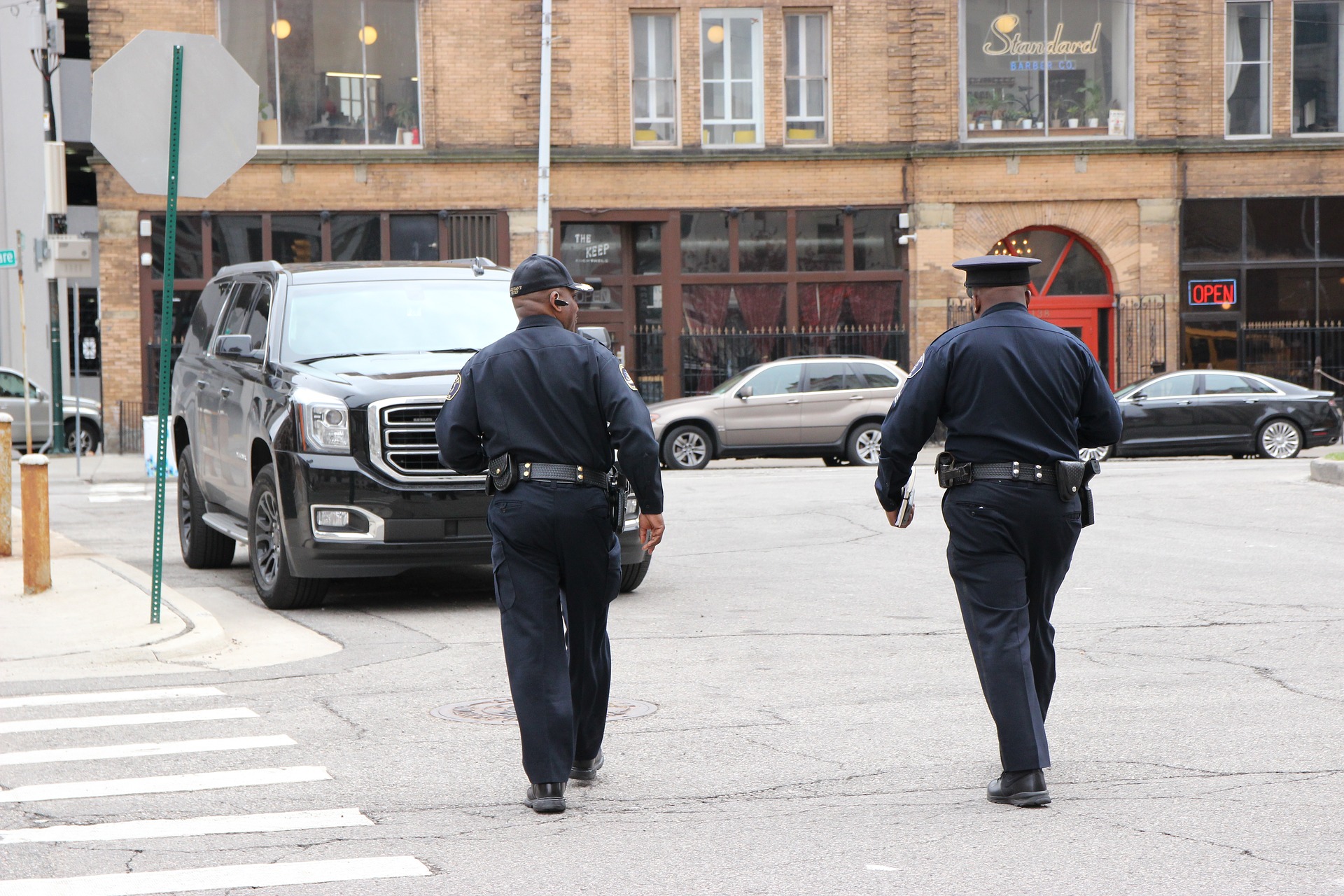Opioid Expert Helps Local Police Guide Addicts To New Jersey Drug Rehab Centers

The Rutgers Center of Alcohol Studies is collaborating with a nationally recognized expert in opioid addiction to train New Brunswick police and other agencies on how to combat the state’s heroin crisis. At present, law enforcement is trained to save the lives of opioid overdose victims by administering an opioid overdose antidote drug, but lack the skills needed to guide addicts to New Jersey drug rehab centers that can help them overcome addiction. The new training program is intended to humanize opioid addiction, and to teach law enforcement how to improve public safety across the community.
If you are addicted to opioids and live in New Jersey, understand that getting help right now could save your life and prevent you from suffering an accidental overdose. Call our 24/7 confidential helpline at 888-414-2380 to learn more about local drug rehab centers that can help you overcome opioid dependency and achieve sobriety.
Addressing the Stigma Surrounding Opioid Addiction

Police in New Jersey are able to help addicts seek rehab treatment.
Frank Greenagel, the heroin expert hired to work with Rutgers and New Brunswick law enforcement, is a clinical social worker who specializes in addiction and recovery treatment. Greenagel says in many cases, police who encounter opioid overdose victims administer the opioid overdose antidote drug, then allow addicts to resume their daily lives. The problem with this approach is that heroin addicts continue abusing opioids, and never receive the treatment they need to successfully overcome dependency and addiction.
Greenagel says that so far this year, first responders in New Jersey have used the opioid overdose antidote drug — called Narcan — more than 18,000 times to reverse opioid overdoses. Sometimes, first responders treat the same overdose victims repeatedly, which is exhausting Narcan resources and failing to benefit public safety. Additionally, Greenagel says for-profit rehab centers are offering police incentives for referrals, which is doing little to benefit patients who legitimately need quality care and treatment.
According to Greenagel, the program is designed to humanize addiction by introducing law enforcement and other participating agencies to parents of heroin overdose victims. Jennifer Buckman, interim director of the Division of Education and Training for the Center of Alcohol Studies at Rutgers, says police must learn to understand how to communicate and respect opioid addicts to fully understand and grasp the severity of addiction. Buckman reminds that police officers are not trained in mental health, and don’t necessarily have the skills needed to guide addicts in the right direction.
Treating Opioid Addiction Using Narcan and Rehab Programs
Narcan, also known as naloxone, is widely available to first responders and drug rehab centers that treat opioid addiction. The drug instantly revives opioid overdose victims by blocking the effects of opioids in the brain, and gives addicts another chance to seek treatment for opioid addiction. When addicts in rehab relapse or accidentally suffer an overdose, the staff at drug rehab centers use Narcan to revive addicts so they can get back on the path to overcoming dependency.
Rehab centers that treat opioid addiction can guide patients safely and comfortably through opioid detox and withdrawal by offering 24/7 access to medical support. Many rehab centers offer medications that reduce opioid cravings and withdrawal symptoms, along with counseling and therapy that address underlying causes of addiction. Following rehab treatment, patients return to the streets educated, sober, and addiction-free.
If you’re addicted to heroin and opioids, get help immediately to lower your risk for an overdose. Call our confidential helpline at 888-414-2380 to learn more about your local rehab options. Our caring treatment specialists will help you find New Jersey drug rehab centers that will help you combat and defeat opioid addiction.
